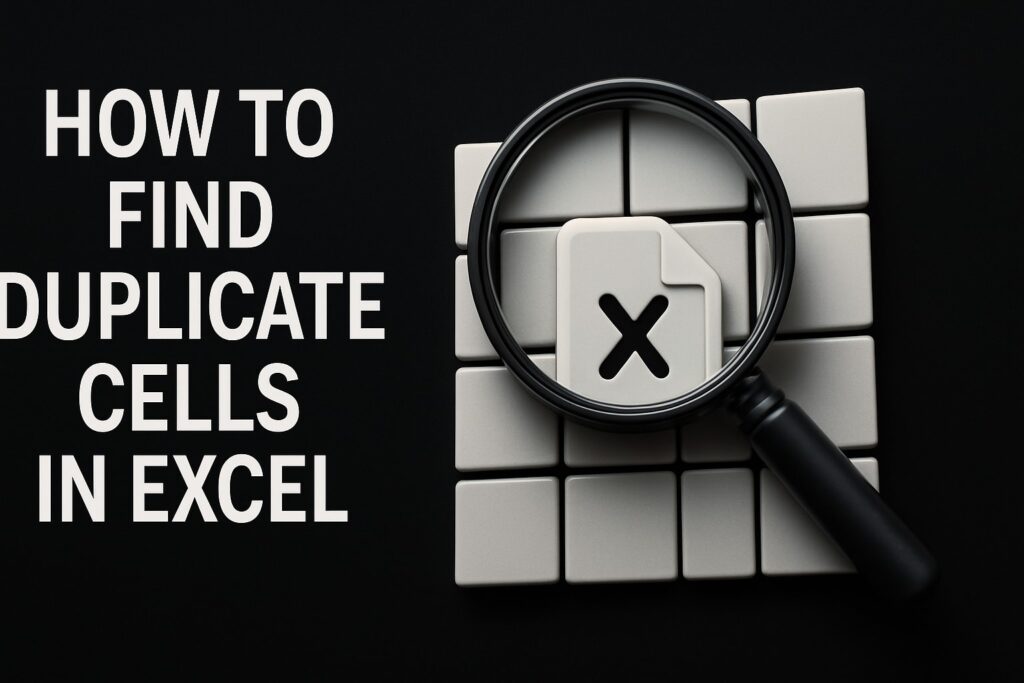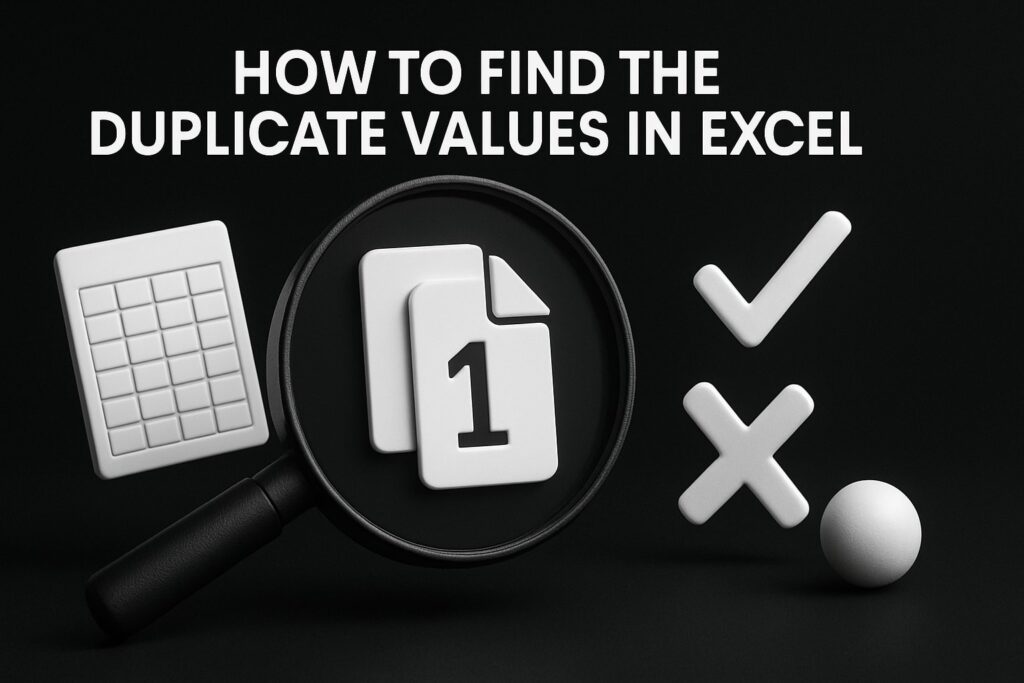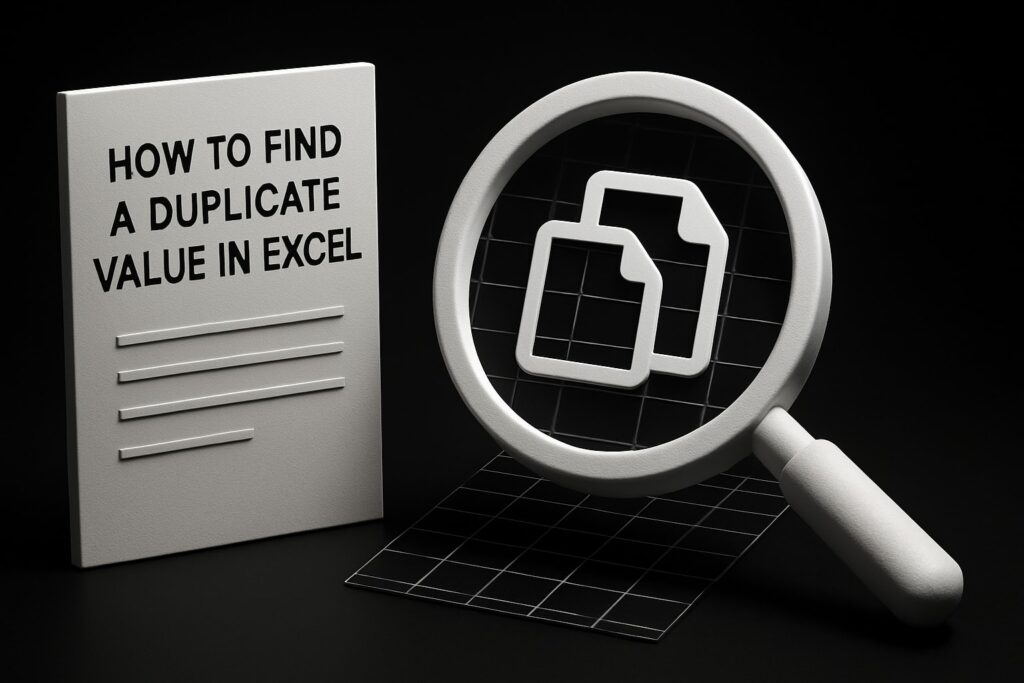Data Analytics Certificate Program: Your Complete Guide to Certification, Skills, and Career Advancement
Data Analytics Certificate Programs deliver specialized training in data collection, cleaning, analysis, and visualization, equipping professionals to transform raw information into actionable insights. By combining foundational coursework with hands-on projects, these credentials bridge the gap between theoretical knowledge and real-world applications, boosting employability and earning potential. In this guide, you’ll discover the benefits of certification, core skills and tools covered, program structure and requirements, career outcomes and salaries, application steps, credit transferability, and a comparison of leading programs on the market.
Why Choose a Data Analytics Certificate Program?
A Data Analytics Certificate Program is a targeted credential designed to validate an individual’s ability to interpret data, uncover patterns, and support decision-making. By focusing on practical methodologies and industry-standard tools, these programs ensure learners graduate ready to tackle in-demand roles. Earning a certificate enhances credibility, accelerates career progression, and lays the groundwork for advanced analytics responsibilities.
What Are the Benefits of Earning a Data Analytics Certificate?
Participants gain a competitive edge through specialized skill validation, hands-on project experience, and recognized credentials that organizations trust.
- Career Advancement: Certification signals expertise and often qualifies candidates for promotions or leadership tracks.
- Skill Development: Structured modules sharpen data cleaning, statistical analysis, and visualization techniques.
- Earning Potential: Certified analysts report 10–25% higher salaries compared to non-certified peers.
Salary.com, “Data Analyst Salary” (2024)
[Data Analytics Salary Premium]
Certified analysts often experience a salary increase compared to their non-certified peers, with reported increases ranging from 10% to 25%. This reflects the value employers place on validated expertise in the competitive job market.
- Networking Opportunities: Cohort projects and alumni communities foster professional connections.
- Practical Portfolio: Capstone assignments produce demonstrable case studies for job applications.
Certification benefits extend into richer job prospects and stronger professional networks, preparing learners for immediate contributions in analytics functions.
How Does a Certificate Program Prepare You for In-Demand Data Analytics Jobs?
Through project-based learning and realistic case studies, certificate programs simulate workplace scenarios where data cleaning, dashboard creation, and statistical modeling drive business decisions. By engaging with real datasets and collaborating on team assignments, learners develop analytical judgement and communication skills that match employer expectations. This immersive approach builds job readiness and adaptability for evolving analytics environments.
What Are the Differences Between Online and On-Campus Data Analytics Certificates?
The delivery format shapes flexibility, interaction, and scheduling, addressing diverse learner preferences.
| Delivery Mode | Flexibility | Interaction | Typical Completion |
|---|---|---|---|
| Online | Self-paced schedules | Virtual labs, webinars, forums | 6–12 months |
| On-Campus | Fixed timetable, face-to-face | In-person labs, direct faculty | 4–8 months |
Both formats emphasize identical core topics, but online programs suit working professionals while campus programs offer deeper in-person engagement and networking opportunities.
What Core Skills and Tools Will You Learn in a Data Analytics Certificate Program?

Core skills in a Data Analytics Certificate Program encompass data preparation, statistical reasoning, visualization, and problem solving, taught through a combination of lectures, labs, and capstone projects. By integrating industry tools like Python, SQL, and Tableau, learners translate theoretical concepts into actionable insights, empowering organizations to base decisions on empirical evidence.
Which Data Analytics Skills Are Essential for Certification?
Data analytics certification demands mastery of activities that transform raw data into strategic knowledge:
- Data Cleaning: Identifies and corrects errors to ensure analysis accuracy.
- Statistical Analysis: Applies descriptive and inferential statistics to spot trends.
- Data Visualization: Crafts charts and dashboards that communicate insights.
- Problem Solving: Frames business questions and selects appropriate analytical methods.
- Critical Thinking: Evaluates assumptions and interprets results within context.
Proficiency in these skills underpins every data-driven decision across industries.
What Programming Languages and Tools Are Covered?
Below is an overview of key languages and platforms featured in most certificate curricula.
| Tool | Primary Function | Example Application |
|---|---|---|
| Python | Data manipulation and scripting | Cleaning datasets with Pandas |
| SQL | Querying relational databases | Executing joins for sales analysis |
| R | Advanced statistical modeling | Building regression models |
| Tableau | Interactive dashboard creation | Designing real-time sales visuals |
| Power BI | Business intelligence reporting | Publishing corporate reports |
| Excel | Spreadsheet calculations and charts | Pivot tables for budget tracking |
Hands-on labs and guided exercises reinforce tool proficiency, ensuring transferable expertise for workplace analytics projects.
How Does the Curriculum Incorporate Machine Learning and Predictive Analytics Basics?
Learners explore core machine learning algorithms—including linear regression, decision trees, and clustering—within guided modules that demonstrate how predictive models forecast trends and detect anomalies. Real-world datasets fuel supervised and unsupervised learning exercises, illustrating the mechanisms behind model training, validation, and evaluation, and empowering participants to apply these methods to business challenges.
How Is Data Storytelling and Communication Taught in the Program?
Effective storytelling combines visual elements, narrative structure, and data context to translate complex analyses into persuasive recommendations. Coursework emphasizes slide-deck design, report writing, and stakeholder presentations, guiding learners through the process of crafting clear narratives that link analytical findings to actionable business strategies.
This training fosters confident delivery and stakeholder engagement.
How Is a Data Analytics Certificate Program Structured and What Are the Requirements?
A typical program sequence blends prerequisite foundations, core modules, elective specializations, and a capstone project, measured in credit hours or Continuing Education Units (CEUs). This modular design ensures balanced workload, progressive skill development, and a tangible credential upon completion.
What Are the Typical Prerequisites for Enrollment?
Most certificate programs require foundational competencies to maximize success:
- Basic Math Skills: Comfort with algebra, fractions, and percentages.
- Computer Literacy: Familiarity with operating systems and file management.
- Introductory Statistics: Understanding of mean, median, variance, and probability.
These prerequisites prepare learners for analytical coursework and tool training.
How Long Does It Take to Complete a Data Analytics Certificate?
Completion time varies by format and pacing, but most programs award 12–24 credit hours over 6–12 months of part-time study. Intensive tracks compress content into 4–6 months, while self-paced online options may extend to 18 months to accommodate working schedules.
What Are the Costs and Financial Aid Options for Data Analytics Certificates?
Program investment depends on provider, format, and included resources.
| Cost Element | Typical Range (USD) | Financial Support Options |
|---|---|---|
| Tuition and Fees | $2,000–$6,000 | Scholarships, employer tuition benefits |
| Learning Materials | $100–$300 | Open educational resources |
| Exam/Certification | $150–$350 | Discount codes for bundled packages |
Many institutions partner with employers or offer installment plans to lower upfront costs and broaden access.
How Do Credit Hours and Continuing Education Units (CEUs) Work in These Programs?
Credit hours quantify academic workload, with one credit representing approximately 15 contact hours. CEUs measure non-credit professional learning, where one CEU often equals 10 contact hours. Certificate programs may award both metrics, enabling learners to track progress toward degree requirements or maintain professional licensure.
What Career Opportunities and Salary Can You Expect After Certification?

Data Analytics Certificate holders unlock a range of roles in analytics and business intelligence, leveraging validated skills to support strategic decisions. Certification signals to employers an ability to transform data into value, often translating into accelerated career paths and higher compensation.
Which Job Roles Are Available to Data Analytics Certificate Holders?
- Data Analyst, responsible for cleaning and interpreting data.
- Business Intelligence Analyst, focusing on reporting and performance metrics.
- Marketing Analyst, optimizing campaigns through customer insights.
- Financial Analyst, using data to guide budgeting and forecasting.
What Is the Average Salary for Certified Data Analysts?
Certified data analysts in the United States earn an average salary between $82,000 and $87,000 annually. Professionals holding recognized certificates report an average premium of $10,000–$13,000 compared with non-certified peers, reflecting the value of verified expertise in competitive job markets.
How Can a Certificate Help You Advance to Senior Roles Like Data Scientist or Analytics Manager?
Certificates often include advanced elective modules—such as predictive modeling, big data frameworks, or machine learning—that align with graduate-level requirements. Stackable credits may transfer into master’s degree programs, and capstone projects showcase leadership in analytics initiatives. Together, these elements pave the way toward senior titles and team leadership positions.
How Do You Build a Professional Portfolio to Showcase Your Data Analytics Skills?
A robust analytics portfolio demonstrates practical abilities and domain knowledge:
- Interactive Dashboards: Share live links or screenshots of Tableau and Power BI projects.
- Code Repositories: Host Python and SQL scripts on GitHub or similar platforms.
- Case Study Reports: Document problem statements, methodologies, and outcomes.
- Visualization Galleries: Present charts and infographics that tell a data-driven story.
This collection of artifacts validates capabilities and supports competitive applications.
How Do You Apply and Get Admitted to a Data Analytics Certificate Program?
Admission to a Data Analytics Certificate Program generally follows a structured path, ensuring candidates meet academic standards and are prepared for rigorous coursework. Clear guidelines streamline enrollment and set expectations for incoming cohorts.
What Is the Application Process for Data Analytics Certificate Programs?
Prospective learners typically complete the following steps:
- Research Programs: Compare curriculum, format, and outcomes.
- Submit Online Application: Provide personal information, educational history, and statements of purpose.
- Upload Transcripts: Verify prerequisite coursework or certifications.
- Complete Placement Assessments: Demonstrate basic quantitative and technical skills.
- Attend Orientation: Review program policies and platform navigation.
Early preparation and timely submission maximize admission success.
What Are the Common Admission Requirements and Evaluations?
Admission committees often look for:
- Minimum undergraduate GPA (e.g., 2.5–3.0 on a 4.0 scale).
- Evidence of introductory statistics or mathematics coursework.
- Basic programming familiarity or completion of preparatory modules.
- Personal statement outlining career goals and analytics interest.
Meeting these criteria accelerates acceptance into competitive programs.
How Can You Prepare for Successful Enrollment?
Candidates can enhance readiness by:
- Taking free online tutorials in Python, SQL, or basic statistics.
- Completing program readiness quizzes to identify learning gaps.
- Reviewing sample case studies to understand project expectations.
- Connecting with alumni or mentors for insights on coursework and pacing.
Proactive preparation ensures a smooth transition into certificate studies.
Can Data Analytics Certificate Credits Transfer to Degree Programs or Support Continuing Education?
Many institutions design Data Analytics Certificate credits to be stackable toward undergraduate or graduate degrees, while CEUs maintain professional credentials, fostering lifelong learning and academic progression.
How Many Credit Hours Do Data Analytics Certificates Typically Award?
Certificate programs award between 3 and 16 credit hours—reflecting 45 to 240 contact hours—or the equivalent CEUs. This flexible structure adapts to both short-form professional development and more extensive academic pathways.
Can Certificate Credits Be Applied Toward Bachelor’s or Master’s Degrees?
Through formal articulation agreements, up to 12 certificate credits often transfer into related bachelor’s or master’s programs in Data Science, Business Analytics, or Information Systems. This reduces time to degree completion and recognizes prior learning.
What Are Continuing Education Units (CEUs) and Professional Development Units (PDUs) in Data Analytics?
CEUs quantify non-credit professional learning (1 CEU = 10 contact hours), while PDUs track ongoing competence in certified fields. Successful completion of certificate modules may award CEUs or PDUs, helping professionals meet licensure or industry certification maintenance requirements.
What Are the Best Data Analytics Certificate Programs and How Do They Compare?
Top programs distinguish themselves through comprehensive curricula, strong industry partnerships, and robust career support, guiding learners to credentials that align with their goals and budgets.
Which Providers Offer Top-Ranked Data Analytics Certificates?
- Google via Coursera
- IBM via Coursera
- Harvard Extension School
- NYU School of Professional Studies
- CareerFoundry bootcamp
How Do Program Features Like Curriculum, Cost, and Career Support Differ?
An at-a-glance comparison of flagship offerings highlights key distinctions.
| Provider | Curriculum Focus | Cost Range (USD) | Career Services |
|---|---|---|---|
| Google (Coursera) | Entry-level tools and career prep | $39/month | Resume workshops, job portal |
| IBM (Coursera) | Python, SQL, data visualization | $49/month | Mentor sessions, job fairs |
| Harvard Extension School | Advanced statistics, predictive BI | $3,600 total | Alumni network, advising |
| NYU SPS | Business analytics and forecasting | $5,000 total | One-on-one coaching |
| CareerFoundry | Project-based bootcamp with mentoring | $7,900 total | Job guarantee, portfolio review |
What Are the Emerging Trends in Data Analytics Certification?
Certification providers are integrating next-generation elements to stay ahead of industry demands:
- AI and Automation Modules: Teaching how to leverage machine learning pipelines within analytics workflows.
- Industry-Specific Tracks: Tailored content for healthcare, finance, retail, and government sectors.
- Micro-Credentials: Short courses on emerging tools like Apache Spark, Snowflake, or cloud-based analytics.
- Mentorship Networks: Peer and expert communities for ongoing guidance and knowledge sharing.
Embarking on a Data Analytics Certificate Program accelerates your transition into a data-driven career, instilling in-demand skills and recognized credentials that open doors to new roles and higher compensation. By understanding the program structure, mastering core tools, and planning credit pathways toward future degrees, you build a foundation for sustained professional growth. Choose a program that aligns with your learning style, budget, and career objectives, and start transforming data into strategic advantage today.
About Dr. Kevin Kelly – The Analytics Doctor
Dr. Kevin Kelly, also known as The Analytics Doctor, is a seasoned data scientist and expert in leveraging advanced analytics to drive business success. With over 3 decades of experience in data science, Dr. Kelly has helped organizations across various industries optimize their operations, make data-driven decisions, and unlock new revenue streams. As the founder of The Analytics Doctor, he works closely with businesses to build custom data solutions that simplify complex problems and deliver measurable outcomes. His extensive background in data analytics allows him to deliver actionable insights that empower clients to stay ahead in today’s fast-paced market.
Through his consulting firm, Dr. Kelly offers a range of services including data strategy development, predictive analytics, and business intelligence solutions. Whether you’re a small startup or a global enterprise, his approach is designed to cater to all business sizes, helping them harness the true potential of their data.
Blogs:
Media:
| X |
| YouTube |
| TikTok |
Data Analytics Certificate Program, Data Analytics Certificate Program, Data Analytics Certificate Program, Data Analytics Certificate Program, Data Analytics Certificate Program, Data Analytics Certificate Program, Data Analytics Certificate Program, Data Analytics Certificate Program, Data Analytics Certificate Program, Data Analytics Certificate Program, Data Analytics Certificate Program, Data Analytics Certificate Program,
Data Analytics Certificate Program, Data Analytics Certificate Program, Data Analytics Certificate Program, Data Analytics Certificate Program, Data Analytics Certificate Program, Data Analytics Certificate Program, Data Analytics Certificate Program, Data Analytics Certificate Program, Data Analytics Certificate Program, Data Analytics Certificate Program, Data Analytics Certificate Program, Data Analytics Certificate Program,



